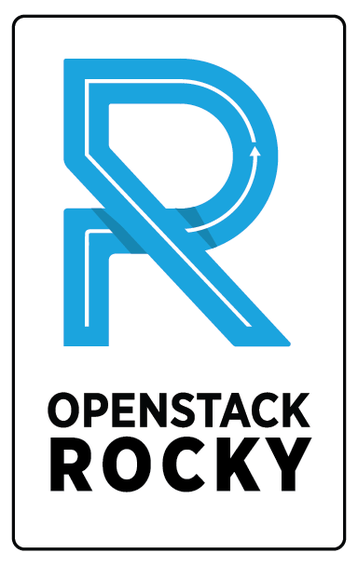The OpenStack Foundation has launched Rocky, the 18th version of its popular open source cloud platform.
The latest release improves bare metal services, simplifies software upgrades and introduces support for ‘serverless’ functionality offered by public cloud vendors like AWS, Microsoft, Google, IBM and Oracle, as part of the all-new Project Qinling (pronounced ‘cheen-leeng’).
New software capabilities will be demonstrated at the OpenStack Summit in Berlin in November.
Rocking out
OpenStack is the world’s most widely deployed open source infrastructure software – powering thousands of private and public cloud deployments running across more than 10 million physical CPU cores.
It consists of the integration engine and software modules, or ‘projects,’ designed to do different things: for example Ironic for bare metal servers, Nova for virtual machines, Cinder or Swift for storage and Neutron for networking.
The OpenStack foundation currently supports nearly 50 projects as part of the cloud platform, and users are free to mix and match any modules they choose. Earlier this year, it broke with tradition and launched two projects that are completely independent of the OpenStack platform - Kata Containers for virtualization and Zuul for continuous integration and continuous delivery (CI/CD) of code at scale.
Rocky - named after the mountains stretching across British Columbia, the location of the previous OpenStack Summit - introduces a number of improvements for emerging technologies like application containers, edge computing, machine learning and AI.
For example Ironic, the project used to provision bare metal servers, now offers better management and automation capabilities for containers, and additional multi-tenancy functionality. The latest version also enables the Ironic to manage BIOS settings directly, something that’s especially important on servers without an operating system. And finally, the project can now be deployed directly from RAM, without any need for persistent storage media.
“OpenStack Ironic provides bare metal cloud services, bringing the automation and speed of provisioning normally associated with virtual machines to physical servers,” said Julia Kreger, principal software engineer at Red Hat and Ironic project team lead. “This powerful foundation lets you run VMs and containers in one infrastructure platform, and that¹s what operators are looking for.”
Rocky also introduces new FPGA functionality in Cyborg to improve machine learning; Masakari can now monitor internal errors within an instance; Octavia, the load balancing project, adds support for user datagram protocol (UDP), popular in the telecommunications industry; TripleO, the project that enables users to upgrade directly to the latest OpenStack version, has exited beta and is ready for production deployments.
Meanwhile Magnum, an API service designed to work with popular container orchestration engines, has been certified by the Cloud Native Computing Foundation (CNCF), the organization responsible for Kubernetes.

